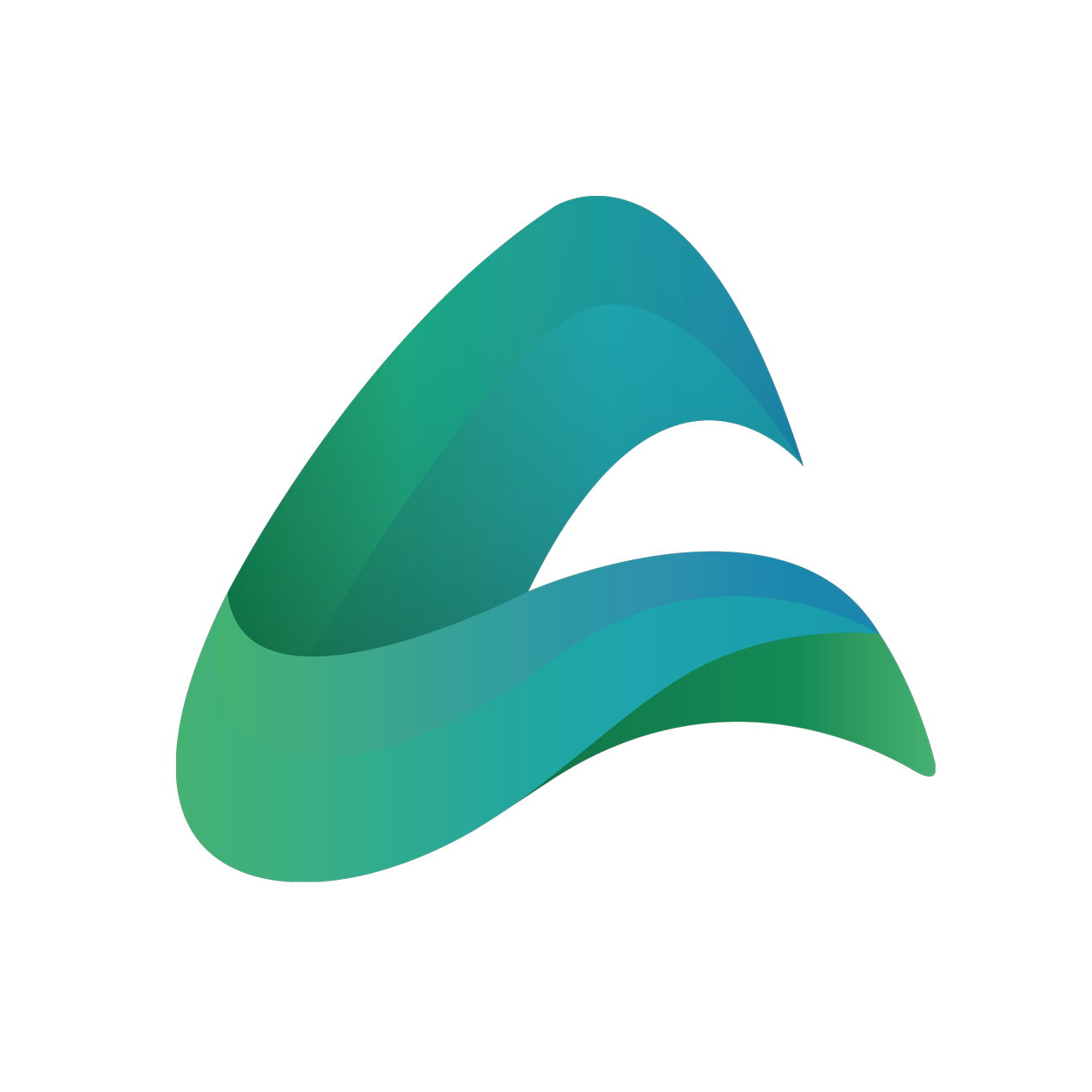Xanderia Islamic Personal Financing FAQ
- What is a personal loan?
A personal loan, also known as a cash loan or cash financing, is a financing product that is provided by a bank or financial institution to an individual.
- What is Shariah-Compliant Personal Financing (Islamic Personal Financing)?
Shariah-Compliant Personal Financing, also known as Islamic Personal Financing, is cash financing usually provided by an Islamic financial institution or Islamic Bank. This type of financing is structured based on the principles of Islamic finance such as the Tawaruq or commodity Murabahah financing, which excludes the charging or paying of interest in the transaction. Instead, the lender and borrower enter into a sale and purchase agreement, where the lender purchases the asset and sells it to the borrower at a markup, which is agreed upon in advance.
- What is the difference between a personal loan and Shariah-Compliant Personal Financing (Islamic Personal Financing)?
The main difference between a personal loan and Shariah Compliant Personal Financing is how they are structured. Personal loans are based on the concept of lending with a charge and paying interest, while Shariah-Compliant Personal Financing is based on the principles of Islamic finance and structured either using the contract of exchange or participatory which excludes the charging or paying of interest. This is in line with the Shariah prohibition of interest-based transactions. Additionally, the terms and conditions of Shariah-Compliant Personal Financing may be different from those of a personal loan, as they are based on the sale and purchase agreement or participatory agreement as the case may be.
- Can anyone apply for Shariah-Compliant Personal Financing (Islamic Personal Financing)?
Shariah-Compliant Personal Financing is available to anyone who meets the eligibility criteria set by the Islamic financial institution. The eligibility criteria may vary from institution to institution but generally include income, creditworthiness, and age.
- What happens if I default on my Shariah-Compliant Personal Financing?
If you default on your Shariah Compliant Personal Financing, the Islamic financial institution may take legal action to recover the amount owed. The institution may impose a penalty fee for the late or default payment.
- Can I pay off my Shariah Compliant Personal Financing early?
You can pay off your Shariah-Compliant Personal Financing early. However, you may be charged an early settlement fee, typically a percentage of the outstanding balance. The prepayment penalty is intended to compensate the Islamic financial institution for the loss of profit that would have been earned if the financing had been repaid over the agreed-upon period. Both fees on early settlement and late payment or default must be channeled to charity after deducting the direct cost of operation.
- Who is eligible for Xanderia’s personal Syariah financing products?
To be eligible for Xanderia’s personal Syariah financing products, applicants must be permanent civil servants, must have a minimum salary of RM1,500, and a Debt Service Ratio of less than 60%. They must also provide completed documents for verification.
- How much financing can I get from Xanderia?
Xanderia’s personal Syariah financing products offer financing starting from RM1,000 up to RM200,000, with a tenure of 1 to 10 years. The actual amount and tenure of financing will depend on various factors, including the applicant’s income, credit history, and financial situation.
9. What are the different types of personal loans in Malaysia?
● Term Loans: These are standard personal loans where you borrow a fixed amount of money and repay it over a predetermined period with fixed monthly installments.
● Islamic Personal Financing: Islamic banks in Malaysia offer Sharia-compliant personal financing ,which follows Islamic principles. Instead of interest, the bank earns a profit from the sale and
purchase of goods.
● Flexible Loans: These loans provide a degree of flexibility in repayment schedules and loan amounts, allowing you to adjust your repayments based on your financial situation.
● Overdraft Loans: Similar to a line of credit, an overdraft loan allows you to withdraw more money than your account balance. Interest is charged on the overdrawn amount until it’s repaid.
● Debt Consolidation Loans: These loans allow you to combine multiple debts into a single loan with a potentially lower interest rate, making it more manageable to repay your debts.
● Personal Line of Credit: This functions like a credit card, giving you access to a set credit limit that you can borrow and repay as needed. Interest is charged only on the amount you borrow.
● Salary Advance Loans: Offered by some employers, these loans allow employees to access a portion of their upcoming salary in advance. Repayment is usually deducted from the next
paycheck.
● Government Servant Loans: Special personal loans available exclusively to government employees, often featuring lower interest rates and longer repayment periods.
● Medical Loans: These loans are designed to cover medical expenses and may offer special terms for healthcare-related costs.
● Education Loans: Personal loans intended to finance education-related expenses, such as tuition fees, books, and living costs while studying.
● Wedding Loans: Loans specifically for covering wedding expenses, including venue, catering, and other related costs.
● Renovation Loans: Designed to fund home renovation and improvement projects, allowing you to upgrade your living space.
● Emergency Loans: These loans provide quick access to funds for unexpected situations, such as medical emergencies or urgent repairs.
10. What is the age requirement to apply for personal loans in Malaysia?
The age requirement for Xanderia Islamic personal loan is from the age of 21 to 60 years
old.

